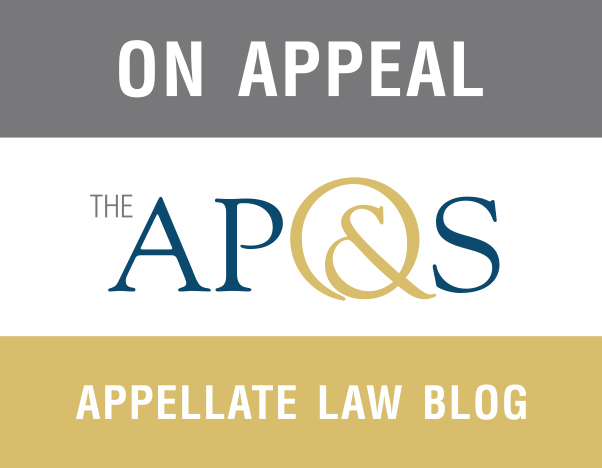Given the rarity of the Rhode Island Supreme Court’s issuance of writs of certiorari, a petition must demonstrate entitlement to extraordinary relief. The Court long ago explained that certiorari
does not lie in any case unless the petition can satisfy this court either that there is involved a question of jurisdiction of the inferior court or tribunal, which is raised originally by his petition, or that he has no other adequate remedy, or that review by certiorari is necessary to avoid great injury or unusual hardship which would result from the delay involved in pursuing such other adequate remedy.
White v. White, 36 A.2d 661, 663-64 (R.I. 1944).
A petition for issuance of a writ of certiorari must include the following:
(1) A concise statement of the case containing the facts material to consideration of the questions presented in sufficient detail as to enable the Supreme Court to determine the desirability of issuance of the writ;
(2) A statement setting forth with particularity why the relief sought is not available in any other court, or cannot be had through other appellate processes, including whether a notice of appeal has been filed with the Court and why that is not sufficient and
(3) A copy of any order or opinion which the petitioner seeks to have reviewed and any other parts of the record which may be essential to an understanding of the matters set forth in the petition.
R.I. Sup. Ct. R. App. P. 13(a). With respect to the requirement that the petition include a copy of any order or opinion which the petitioner seeks to have reviewed, the petitioner should include a copy of the order, as well as any written decision or transcript of any hearing or bench decision on that issue. The petition should also be accompanied by a memorandum of law with the arguments and authorities relied upon by the petitioner. Id.




